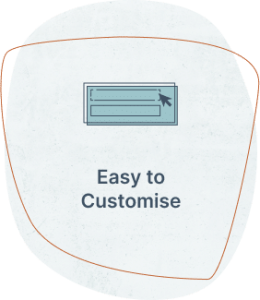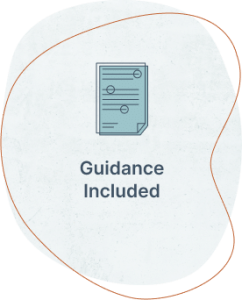Search
Affordable legal document templates written by experienced practising lawyers trusted by UK businesses and beyond
- Guidance notes included
- No hidden extras
- Easily customisable
Create your document in 3 Easy Steps
- Download
- Customise
- Share & Sign
Buying or Selling a Business
We have a range of template documents designed to help you buy or sell a business. If your transaction is the sale or purchase of a company, see Buying or Selling a Company.
Minutes of a meeting of the board of directors of a corporate buyer in a business purchase transaction.
Minutes of a meeting of the board of directors of a seller in a business purchase transaction.
Disclosure Letter for use in a business purchase transaction, disclosing to the buyer general and specific matters against the warranties in the Business Purchase Agreement.
Legal due diligence checklist for a business purchase transaction.
A comprehensive exclusivity agreement, in agreement form, for use in a business purchase transaction and under which the seller undertakes to the prospective buyer not to negotiate with, or sell its business to, another buyer for a specified period.
A short form exclusivity agreement, in the form of a letter agreement, for use in a business purchase transaction where the seller undertakes to the prospective buyer not to negotiate with, or sell its business to, another buyer for a specified period.
Using a checklist helps to ensure that contract reviews, conclusions and recommendations are reported in a consistent manner. This contract review checklist for use during legal due diligence records the review of contracts provided during the due diligence process.
A comprehensive NDA, in agreement form, to use in a business sale transaction where the selling company will disclose confirmation information to a potential purchaser. It contains robust legal protections for the benefit of the seller as the disclosing party.
A short form NDA, in the form of a letter agreement, to use in a business sale transaction where a seller will disclose confirmation information to a prospective purchaser. It covers the principal legal protections for the benefit of the seller as the disclosing party.
why our
customers value us
I find what I need easily on the Paperrock website and I've been impressed by the comprehensive guidance. The documents consistently match the quality I have seen from in-house and external law firms in my previous roles. I'd highly recommend.
Gavin, MD | SC Transformation
Buying or selling a business with paper rock docs
What are the main legal documents for buying or selling a business?
The principal legal documents for a transaction for the sale and purchase of the business of a company (rather than the shares of the company) can be split into the following categories:
- preliminary:
- confidentiality agreement/NDA: principally for the benefit of the seller in case the transaction does not go ahead, to protect the confidentiality of the information disclosed about the seller and its business to the buyer for the buyer’s due diligence
- letter of intent/heads of terms: non-binding transaction terms, setting out the main agreed terms, the assets being acquired, the assets which are not being acquired, timetable and process for the transaction and forming the basis on which the long form legal documents will be prepared
- exclusivity agreement: principally for the benefit of the buyer, prohibiting the seller from negotiating and entering into a transaction with an alternative buyer
- business purchase agreement (BPA): the main legal document for a business purchase transaction, usually prepared by the buyer side, setting out:
- included assets: identifying the business assets which are being acquired, which might include goodwill and business names, intellectual property rights (including trade marks), stock, equipment, freehold or leasehold property, customer database, benefit of customer contracts
- excluded assets: identifying the business assets which are not being acquired, for example cash and book debts
- sale and purchase: the mechanics for the sale and purchase of the assets of the business being acquired
- consideration: the consideration to be paid by the buyer, including the form of consideration (cash, shares or a combination), upfront consideration paid on closing, deferred consideration and earnout consideration
- warranties: warranties from the seller about the business assets being sold
- employees: provisions dealing with the transfer of employees of the seller to the buyer under TUPE
- liabilities: provisions dealing with any liabilities of the business which the buyer may agree to assume
- contracts: how contracts of the business will be assigned to the buyer (including any requirement for consent of the contracting parties to the assignment) and the buyer’s obligations to perform those contracts following completion
- restrictive covenants: covenants prohibiting the seller from competing with the business being sold and soliciting the customers, suppliers and employees of the business for a period following closing of the transaction
- disclosure letter: letter from the seller, together with an agreed bundle of disclosure documents, disclosing specific matters as exceptions to the warranties under the Business Purchase Agreement
- closing: ancillary closing documents for the transaction, including:
- assignments of specific assets being sold as part of the transaction, including intellectual property and contracts
- transitional services to be supplied by a seller
- buyer and seller board resolutions
- buyer or seller shareholder consents
- release of any security over the assets being sold











